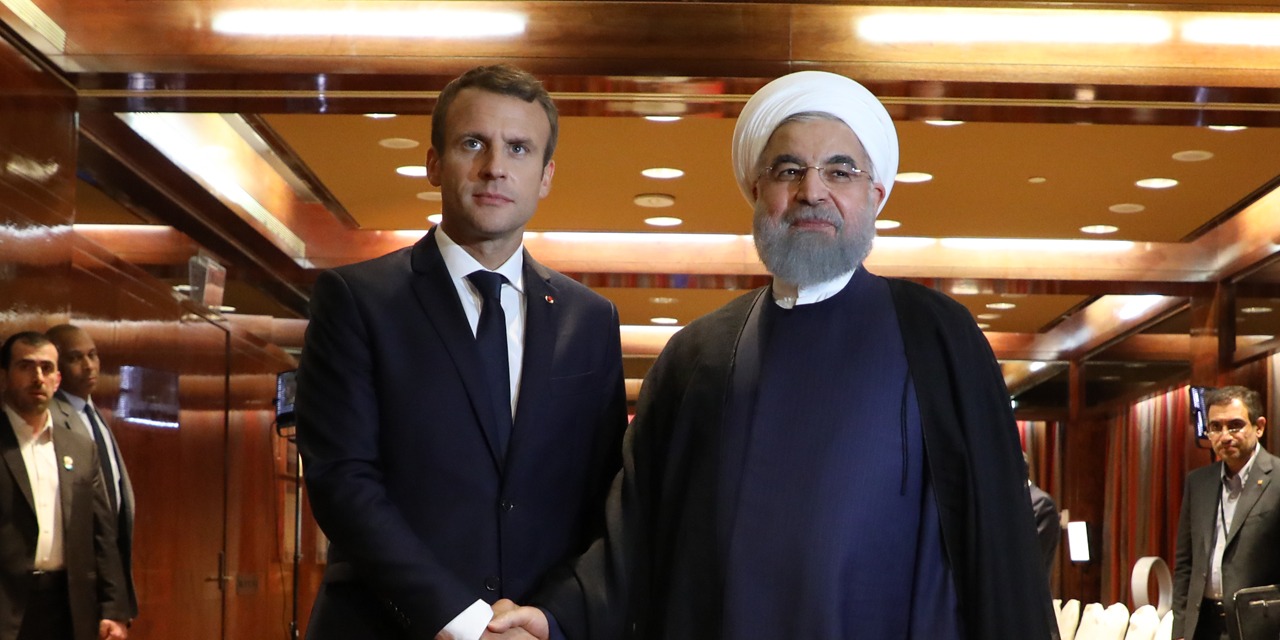Abbas Sarvestani, in an interview with the website of the Strategic Council on Foreign Relations, commenting on the prospects of Iran-EU relations with regard to the presence of Biden in power and the change in the US approach, noted: Iran-EU relations can be considered a function of convergence and divergence of the internal and transatlantic relations so that this coordination and common view of the two sides of the Atlantic on international issues, especially the Iranian nuclear issue, has created this idea in the minds of many domestic politicians that the European Union is a follower of the United States in transatlantic issues, that is to say, international political and security issues.
He added: This idea is true because Iran and the European Union do not have strategic relations due to being in two different and sometimes contradictory texture of values, culture, civilization, and in the field of economic relations, no interdependence has been formed between Iran and the European Union. Also, Iran’s unilateral dependence and technological needs on European industries has increased its sensitivity and vulnerability in economic exchanges, and for this reason, bilateral and multilateral economic relations between Iran and European countries have been easily affected by the nuclear dispute and US sanctions.
Development of strategic autonomy, need for change in relations with Iran
The expert on Europe affairs stressed: As long as the European Union does not develop its strategic autonomy and strengthens the policy of constructive multilateralism as well as improving US-independent economic and political relations with Tehran, in the absence of the return of the US to the JCPOA, no tangible change should be expected in the relations between Iran and the European Union.
Referring to Europe’s outlook towards the JCPOA, Sarvestani continued: Creation of a maximum pressure front by the Trump administration and Iran’s maximum resistance approach towards it that put the two countries in a state of Cold War and unprecedently raised the level of tensions in the Persian Gulf, especially Iraq, thwarted the EU schemes.
Europe after filling Iran-US gap
Saying that such approach faced the European Union with a complicated situation to live up with its commitments in the JCPOA and maintain strategic autonomy from the United States, Sarvestani referred to “buying time strategy” during that period and said: With Biden’s victory, the EU now hopes to fill in the gap between Iran and the United States and pave the way for a mutually satisfactory agreement.
Sarvestani also stressed: In the Biden era, we will be witness to more convergence between the European Union and the United States in terms of achieving a broader mechanism for dealing with Iran.
Europe to do its best to maintain JCPOA
Saying that the JCPOA agreement in July 2015 was another opportunity to resume talks between the two sides, Sarvestani noted: The European Union considers maintenance of JCPOA as a factor for achieving its strategic goals and priorities towards Iran, and it is anticipated that all the EU efforts and measures regarding Iran would be focused on the maintenance of the JCPOA during the Biden presidency.
He further remarked that the issue of Iran’s nuclear program can be considered as one of the most important and controversial issues in the foreign policy of the new US administration, adding: This is not only an opportunity to fill in the gap between the US and its European allies, but a means to pave the way for taking many measures such as preventing Iran’s countermeasures.
Referring to Biden’s stated position on the JCPOA after coming to power in the United States, Sarvestani said: Biden and his foreign policy team, while verbally supporting the JCPOA, are talking about reaching a broader agreement than the JCPOA with Iran. It is understood from this approach that the new US administration is reluctant to lose the capacity of the sanctions.
He added: The United States has started a shrewd effort to work with its European partners to reach a consensus against Iran’s nuclear and missile program in order to have far greater gains in possible agreements with the Iranian government than those of the Obama administration.
Sarvestani termed the Biden administration’s view of Iran’s nuclear program more realistic than that of the Trump administration, adding: Europe and the United States have come to the conclusion that maximum pressure not only did not stop Iran’s nuclear program, rather, it paved the way for further strengthening of the East-facing policy in the field of Iran’s foreign policy.
He stressed: It is expected that the new US administration, in cooperation with Europe, will take a smart and step-by-step approach to the JCPOA.
Difficulty in independent trade of Europe with Iran
Commenting on whether Iran-EU relations would have a different experience in the Biden presidency than in the Obama era, he said: The decision-making structure in Western systems is not so dependent on people that we could expect a significant change in the attitudes and policies of those systems when people are changed.
Sarvestani noted that the European Union made some efforts during Trump’s tenure to persuade the European business community and companies to invest in Iran, and referring to some European initiatives in this regard said: But the intertwined nature of EU-US economic relations, fear of imposing fines on European companies and the economic benefits of most of those companies in the US markets have made any effort to support trade with Iran, as a vital aspect of maintaining the JCPOA, very difficult.
The expert on Europe affairs concluded by saying: Until the time the triple siege of sanctions, oil embargoes and the Coronavirus epidemic has not lifted, we should not expect a fundamental change in Iran-EU relations, adding: Otherwise, any efforts and claims about improving relations without US accompaniment and lifting sanctions will remain just a slogan.










0 Comments